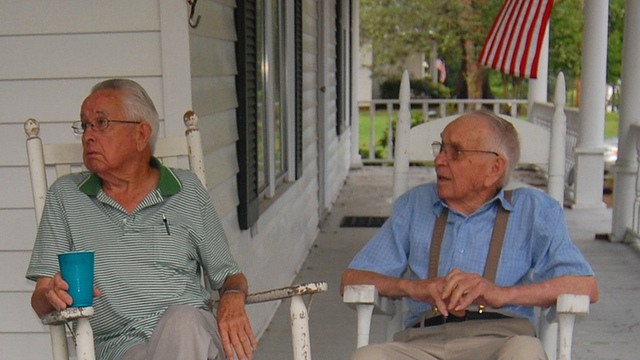Courts around the country are being flooded with mass copyright lawsuits. In a typical case, the owner of a pornographic film sues dozens of anonymous defendants in a single lawsuit, obtains their contact information, and then tries to extort a four-figure settlement from each defendant before the case reaches the courtroom. The potential embarrassment of having one's name publicly associated with pornographic works gives even innocent defendants a strong incentive to settle.
But as the volume of litigation has grown, judges have begun pushing back, refusing to approve these dragnet information requests. On Tuesday, an obviously angry New York federal judge ruled against plaintiffs in several porn copyright trolling cases. His 26-page ruling is a devastating critique of this entire litigation strategy.
It wasn't me, judge
The campaigns are based on the premise that the registered subscriber of any given IP address is the person who downloaded infringing files using that address. But Judge Gary Brown points out how unreasonable that assumption is, using examples from the case before him:
John Doe #16 has stated that he was at work at the time of the alleged download. John Doe #2 states under oath that he closed the subject Earthlink account, which had been compromised by a hacker, before the alleged download. John Doe #29’s counsel represents that his client is an octogenarian with neither the wherewithal nor the interest in using BitTorrent to download Gang Bang Virgins. John Doe #10 represents that downloading a copy of this film is contrary to her “religious, moral, ethical and personal views.” Equally important, she notes that her wireless router was not secured and she lives near a municipal parking lot, thus providing access to countless neighbors and passersby.
Judge Brown then quotes another New York judge who wrote, in another similar case:


 Loading comments...
Loading comments...
